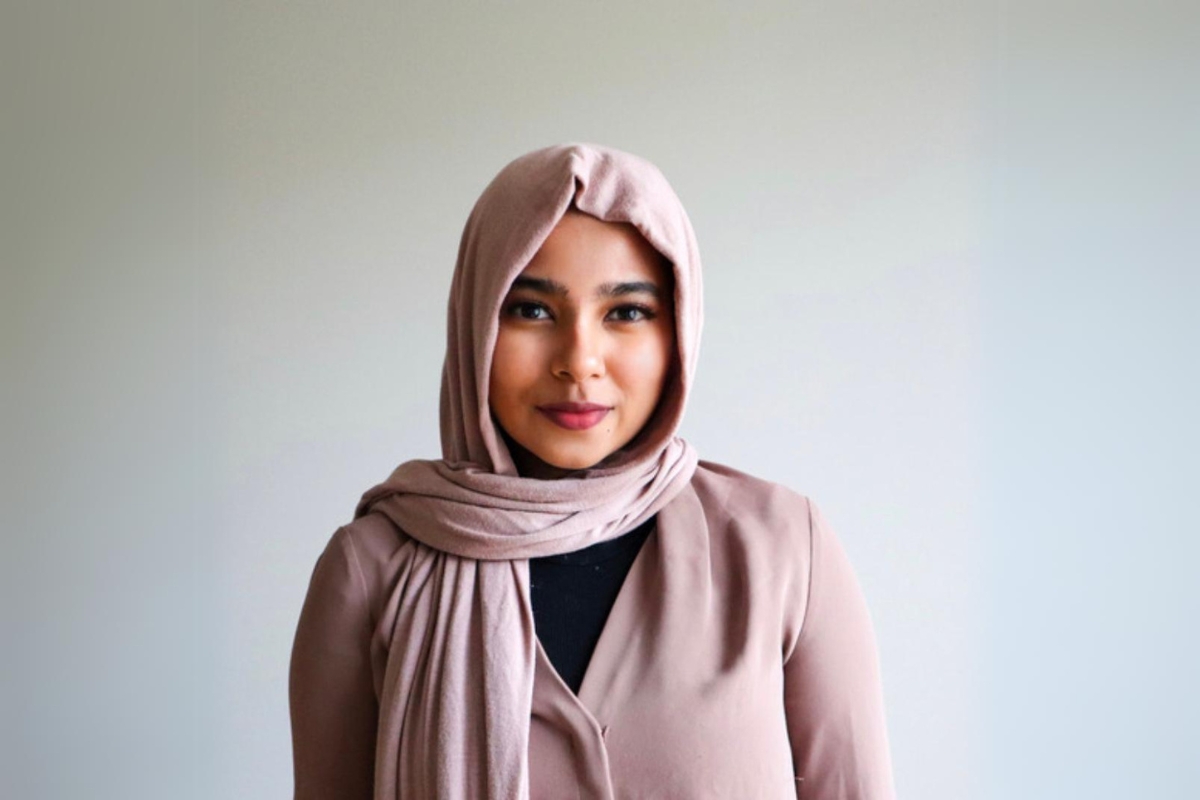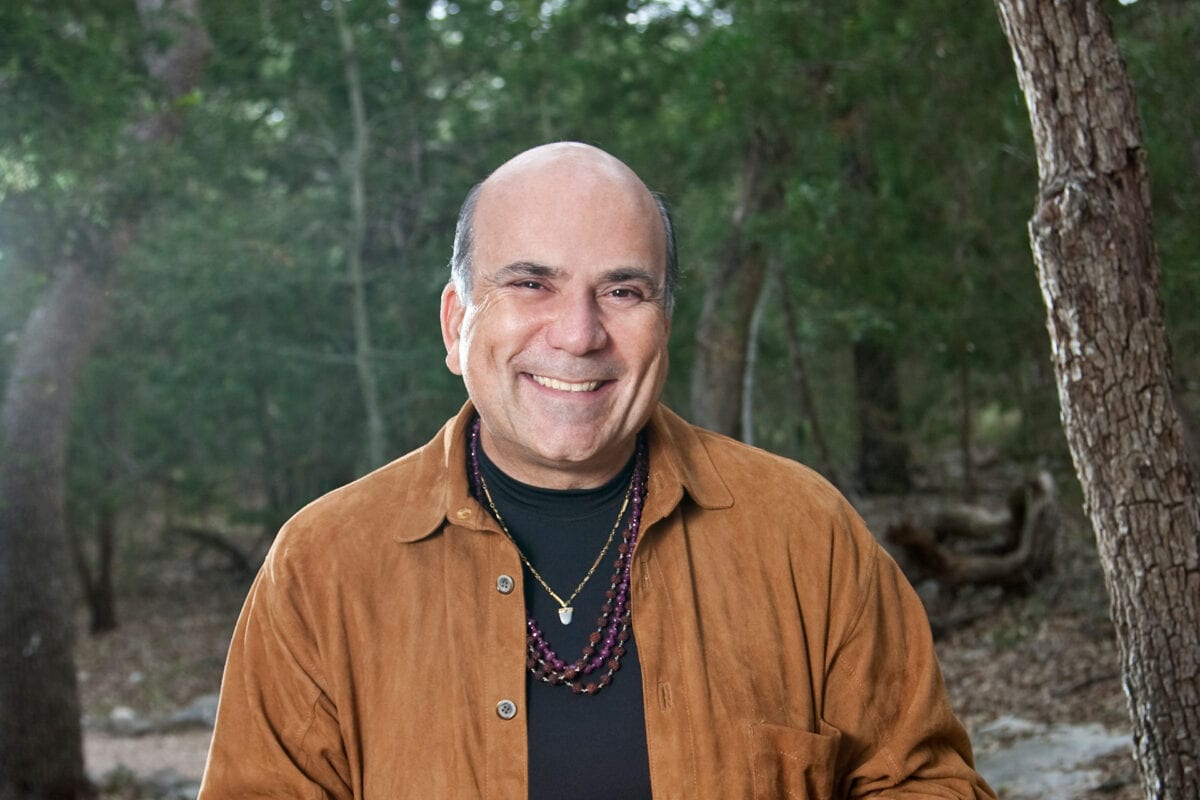Luckily, the pandemic hasn’t taken a toll on Black Innovation Programs (BIP), which have been a part of Ryerson’s start-up incubator, DMZ, since 2019. They were launched after Isaac Olowolafe of Dream Maker Ventures proposed them to DMZ as a “first-in-Canada program that would offer tailored support to rising start-ups led by Black founders.”
After partnering with Shopify, Bank of Montreal and The Canadian Women’s Foundation, the Fellowship was officially launched in May 2019, which is comprised of three programs—Launchpad, Bootcamp and Incubator.
Recruitment into any of the three programs is based on start-up stage and investor interest (one interested investor is required at least). The Launchpad is designed to teach Black founders about the world of entrepreneurship. The second phase, Bootcamp, is a six-week intensive course to better understand the industry, providing a chance to familiarize oneself with minimum viable products and network within the industry. Lastly, the Incubator is where founders are provided the resources and mentors necessary to make their idea a reality.
According to the DMZ’s Executive Director Abdullah Snobar, when BIP began, there was interest but nothing quite like what they saw after the tragic death of George Floyd on May 25, 2020.
“I don’t think there was the same knee-jerk reaction that we saw last year with the Black Lives Matter movement…I think there’s been a lot of commitment and a lot of support over the past 12 months that helped us kind of get ourselves off the ground—not to say that there wasn’t support before, but I think this time there’s just been a much bigger approach,” said Snobar.
That support included the government. In February, the Ontario government announced it was contributing $1.2 million to BIP. But there was another unexpected factor that proved to work in BIP’s favour.
“I don’t know if ‘beneficial’ would be the right word…I think at the onset of Covid 19, we were able to kind of pivot and fully redesign our programs to operate in a virtual format. We saw a massive increase in 2020—a 35 per cent increase in applications to our Incubator program. A 50 per cent increase in the amount of people that were booking time with our entrepreneurs-in-residence. And even an 80 per cent increase in the amount of international interest for start-ups.”
Farah Brunache is just one such founder. She’s on her second start-up—her first with BIP—and she’s currently a part of the Incubator program. Though Covid has stranded her in California for the time being, she’s still working to get her project, Lagatos, out of beta testing.
Lagatos is what Brunache hopes will be a new kind of web browser that pays its users through an algorithm based on hits, duration of time spent on the site and a few other factors. It’s designed to be, in a manner of speaking, the anti-WordPress.
Brunache credits the incubator with helping her finalize the concept, which went through approximately 15 iterations in development.
“Having the ability to hop between people that had different expertise based on the type of iteration I had was supercritical,” said Brunache.
For Brunache, Covid has certainly been beneficial. Prior to the pandemic, no one in the western world was interested in hearing about a new kind of internet service. Brunache actually was focused on other markets.
“Because of Covid, now it’s just common sense. It’s not a hard sell…and my company already started as virtual. But honestly, it’s just been a completely different climate.”
Brunache’s second startup is a very different experience from her first, which was before the #MeToo and Black Lives Matter movements.
Before BIP, Brunache saw some of the worst discrimination that Black founders had to face from the world of entrepreneurs. Across her experiences in North America, racism has shown up in ways both unexpected and expected.
She found this particularly discouraging in mentorship. One mentor, who Brunache did not name, approached her during her first start-up, which was more focused on African markets. Soon, however, it became apparent that he and a friend of his were attempting to sabotage her.
“They basically told me I need to fold, I don’t know what I’m doing, the list goes on,” said Brunache.
But the experience turned out to be an important lesson. Particularly with the interest suddenly heightened after George Floyd, Black founders must be cognizant of what Brunache describes as “lip service”.
And BIP is not hurting for a lack of interest. As of press time, the number of founders at different stages of the program hit over 500. And it’s not just for Black founders, but all BIPOC founders.
“We didn’t want to create an exclusively Black incubator that would silo Black founders from other founders,” said Snobar. “The intention is not that you’re trying to lump people together with the term ‘BIPOC’, I think the intention is that you’re trying to solve problems for people that have been disregarded for too long.”
Kenny Hedges | Contributing Writer



















